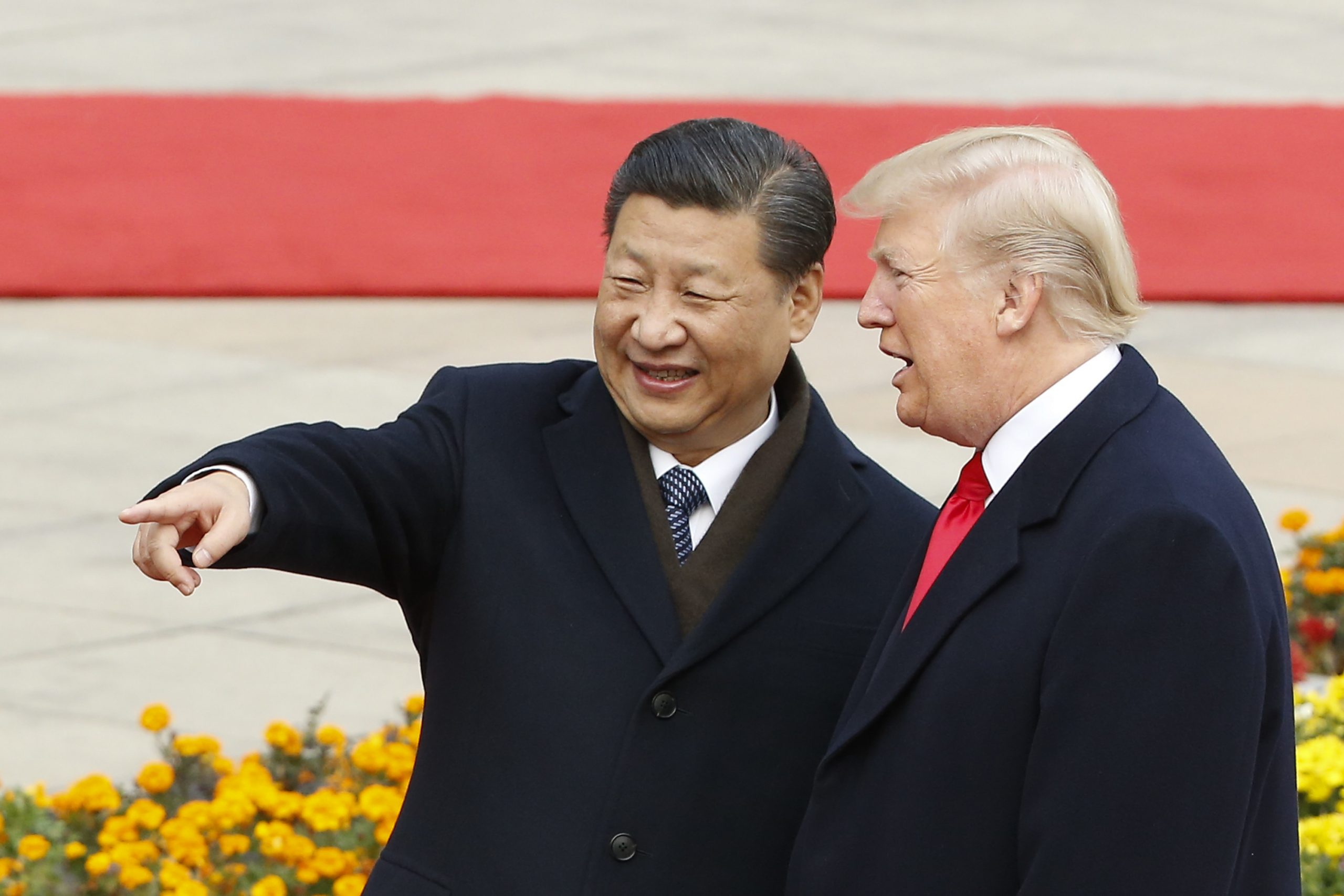
The trade war between the US and China has intensified again, with Washington and Beijing imposing new tariffs at the end of the summer. American tariff increases, which Donald Trump announced on Twitter, came into effect on 1 September and are expected to hit $112bn-worth of Chinese imports, including shoes and electronics. This was a response to China’s decision to enforce previously announced tariffs, increasing duties by between 5 per cent and 10 per cent on a basket of US imports including, for the first time, crude oil.
The trade war looks further from resolution than ever. Commentators have watched in shock as it escalates, and the US financial press is awash with opinion pieces denouncing the impact the conflict will have on buyers – some studies have suggested that the trade war will cost US households up to $1,000 per year.
Trump’s argument is that he is fulfilling election promises to boost US manufacturing by encouraging people to buy American goods. Costs may rise in the short term, but as production shifts back to the US, domestic prices will stabilise and employment rise.
Economists are sceptical. Rather than boosting manufacturing, Trump’s tariffs are likely to raise costs for US manufacturers, which rely on global supply chains. Smaller firms will be hit hardest, and larger ones are likely to shift from Chinese imports to south or south-east Asian substitutes.
Most observers agree that the trade war will lead to domestic job losses, concentrated in states that Trump will rely on for re-election, such as Iowa and Michigan. Employment and business investment have levelled off since the trade war began, and the country is on the cusp of a recession: the combination of rising costs and falling confidence associated with the trade war might just tip it over the edge.
Casting the trade war as an exercise in self-destruction fits well with mainstream narratives about the current White House administration. Although there is bipartisan agreement in Washington about the need to confront China’s economic clout, most financial experts think Trump has miscalculated in starting a trade war with the world’s second largest economy. Driven by his self-assuredness, he is imperilling the US economy and, by extension, his own chances of winning a second term in office.
But axiomatic faith in the benefits of free trade and globalisation have led many economists to forget the politics of trade and of empire. Trump knows what he is doing: staking his political career on protecting US imperial power.
Trump’s campaign slogan – “Make America great again” – was built on the idea of American decline. The belief is that the US was once the world’s pre-eminent power, with unrivalled military, economic and cultural strength. After the fall of the Berlin Wall in 1991, it seemed as though the rest of the world was destined for convergence with the US’s economic model.
But successive liberal administrations, so Trump and other America First-ers argue, have weakened the foundations of its empire. They have reduced military spending, rendered the US border porous and, by encouraging free trade, allowed new economic competitors to emerge. In Trump’s Gibbonist vision of history, the US has become weak and lazy and needs restoring to its former glory.
Trump’s narrative is patently false. American imperial power remains unrivalled, its military budget is larger than the next seven largest spenders combined and its GDP per capita is $60,000 next to China’s $9,000. But Trump’s rhetorical strategy is to link American’s sense of falling prosperity – associated with ongoing post-crisis stagnation – with a wider story about America’s place in the world.
Fixating on the rise of China and, more broadly, the fact that the US is no longer unchallenged when it flexes its muscles abroad, especially in the Asia-Pacific region, allows Trump to externalise the US’s problems. The issue for him and the Republicans is not wages, or health care, or gun violence – it is that the world’s largest economy has allowed its hegemonic position over world affairs to be challenged.
Trump’s strategy may not be morally conscionable, but it is far from irrational. The sooner we start to take it seriously, the sooner we will learn how to fight it.






